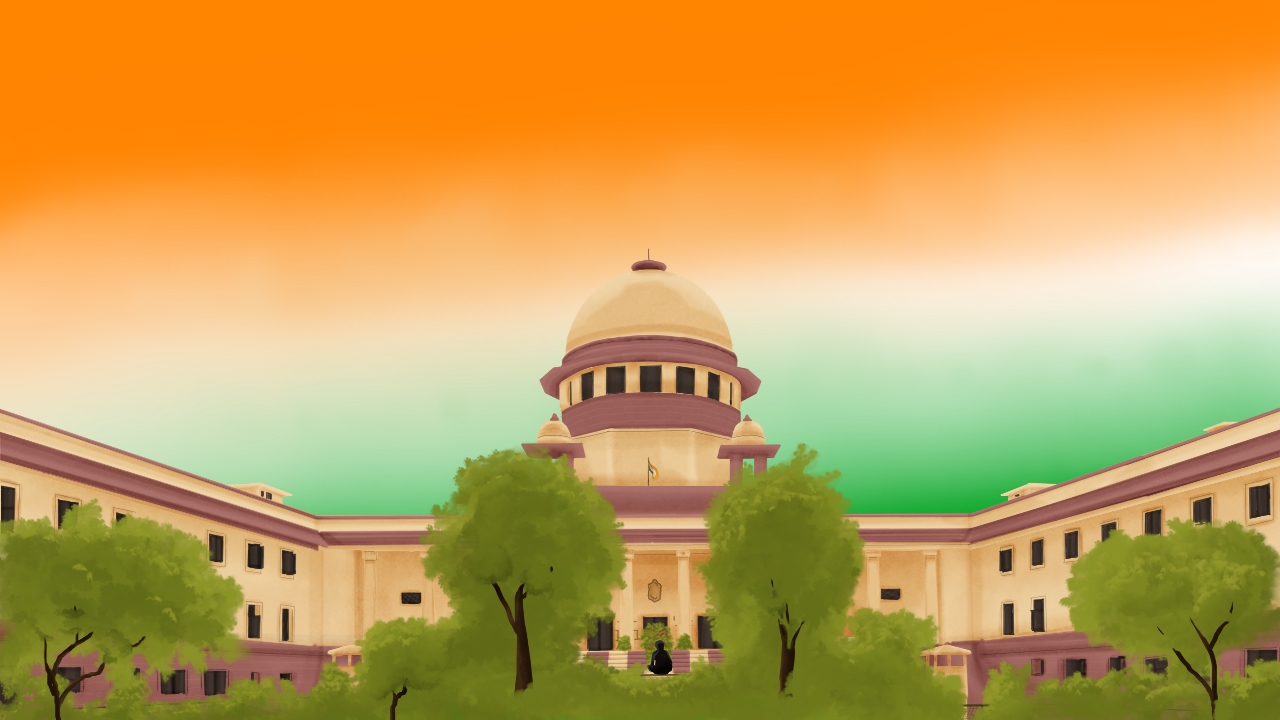Right Not To Be Deported Ancillary To Right To Reside In Any Part Of India Under Art. 19: SC Directs Deportation of Rohingyas In Accordance With Due Procedure

The Top Court in its judgement delivered today turns down the plea seeking direction to the Union of India, not to deport the Rohingya refugees who have been detained in the sub-jail in Jammu.
The bench added that no deportation shall take place without compliance with due procedure.
A Full Judge Bench of Chief Justice SA Bobde, Justice AS Bopanna and Justice V. Ramasubramanian, while disposing the present plea, noted, “It is also true that the right guaranteed under Articles 14 and 21 are available to all persons who may or may not be citizens. But the Right not to be deported, is ancillary or concomitant to the Right to reside or settle in any part of the territory of India guaranteed under Article 19(1)(e).”
The Bench also mentioned of another IA where a similar plea was declined for those detained in Assam.
It was the contention of the Petitioners that; (i) the principle of non-refoulement is a part of the right guaranteed under Article 21 (ii) the rights under Article 14 and 21 are available to even the non-citizens (iii) though India is a non-signatory to the UN Declaration of the State Refugees 1951, it is a party to UDHR 1948, ICCPR 1966 and the Convention on the Rights of a Child, 1992 and therefore non-refoulement is a binding obligation.
Reliance was placed on Gambia v. Myanmar, judgment by the ICJ dated 23.01.2020 to show that even the International Court has taken note of genocide of Rohingyas in Myanmar and that the lives of these refugees are in serious danger if deported.
Union of India, inter-alia, contended that, (i) a similar application challenging deportation of Rohingyas from the State of Assam was dismissed by the present Court (ii) the applicants are essentially foreigners under Section 2(a) of the Foreigners Act, 1946 (iii) India is neither a signatory to UN Convention on the Status of Refugees 1951 or the Protocol of the year 1967 (iv) principle of non-refoulement is only applicable to the contracting states (v) there is continuous threat to influx of illegal immigrants due to porous land borders with many countries.
Stating that it is not possible to grant interim relief prayed, the bench said,
“National Courts can draw inspiration from International Conventions/Treaties, so long as they are not in conflict with the Municipal Law. Regarding the contention raised on behalf of the petitioners about the present state of affairs in Myanmar, we have to state that we cannot comment upon something happening in another country.”
Case Title: Mohammad Salimullah v. Union of India | WP(C) No. 793 of 2017
